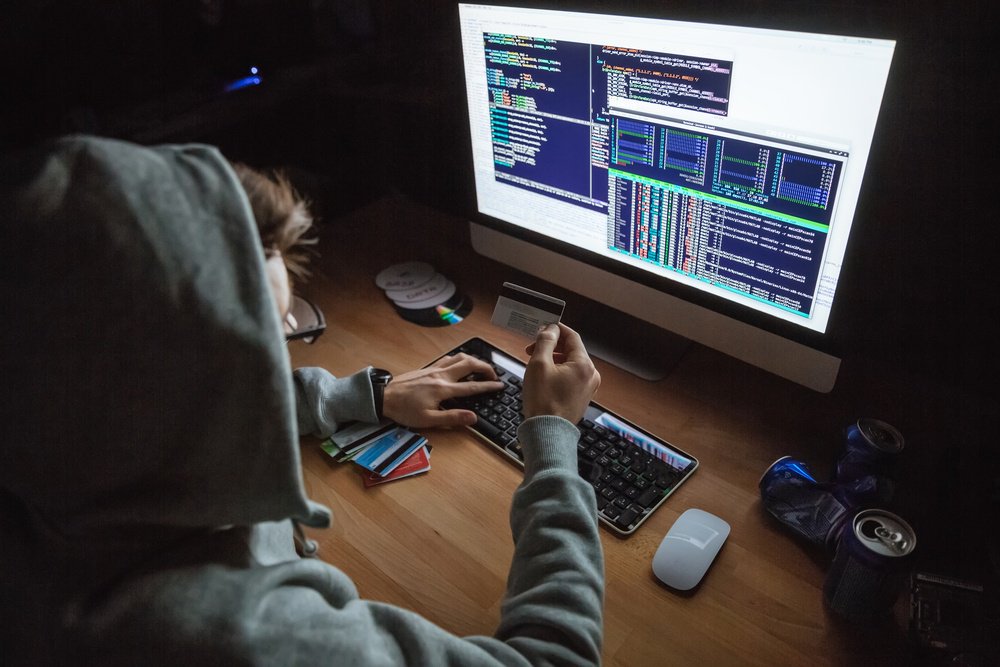A single style of cybercrime cost businesses $1 billion in 2016, and that loss could more than triple in 2017 thanks to fluctuating currency exchange rates. What’s the culprit?
single style of cybercrime cost businesses $1 billion in 2016, and that loss could more than triple in 2017 thanks to fluctuating currency exchange rates. What’s the culprit?
Ransomware. It’s far more effective and expensive than the old Trojan horses and viruses used by hackers in days gone by.
Ransomware is a trick hackers employ to extort money from computer users. An innocent employee triggers the trap by opening an attachment or clicking on a link sent from the hacker. Ransomware encrypts the computer’s data, rendering inaccessible to the user without a key.
To get the key, you have to pay the ransom!
According to KnowBe4’s 2017 Endpoint Protection Ransomware Effectiveness Report, Ransomware attacks didn’t stop at a single machine in a target office. Each attack affected an average of six endpoints and two servers, resulting in 12 hours of user downtime and 12 hours of IT work to solve the problem.
Hackers know most small businesses don’t have access to high-end IT service, and the cost to get files legitimately unlocked would far outstrip the price of the ransom. That’s why hackers have kept the fee relatively low–so business owners would see it as a nuisance and simply pay them off.
Often, hackers request payment in bitcoins, a cryptocurrency that helps them avoid detection by cyber security experts. Most Ransomware hackers require 1 bitcoin to release the data.
For most of 2016, the value of a single bitcoin hovered between $500 and $600. In March of 2017, however, Bitcoin prices surged past $1,000 each. They continued on an upward trajectory, hitting $1,400 on May 1 and peaking at $2,999 on June 11.
Prices have recently moderated to an average of around $2,500, but bitcoin’s value remains more than 100% higher year to date. If bitcoin continues to skyrocket, a ransomware infection could cost you a lot more than last year’s comparatively paltry $600 should you pay the ransom.
Another problem with paying the bad guys off is that while they have your data sealed away, they can steal user names, passwords, email lists and other information to perpetuate the scam. By sending infected emails or by compromising sites your clients visit or the advertisers on those sites, the hackers can access a new treasure trove of potential victims. Of course, there’s no guarantee the hackers will return the data even if they are paid.
Fortunately, ransomware, while annoying and potentially expensive, is not impossible to avoid and confront. By training employees to recognize potential threats, regularly backing up data, using cloud storage, and patching or updating software, companies can limit their vulnerability. Cyber security companies are creating decryptors that unscramble the encrypted codes. Recognizing the unique needs of small businesses and their networks, many of these decryptors are designed specifically for small-and medium-size companies.
If you have any worries about the safety of your network, please call us at (833) 482-6435 or click the banner below to schedule an IT security audit so we can find the best security solutions for your business. Preparation for threats like this is a small cost compared to repairing the damage of an actual infection.
If you enjoyed this IT Support article, please check out other posts on our blog and join us on Facebook,Twitter, LinkedIn, and Google+ to see how else we can help your Greenville, SC or Atlanta, GA area business succeed!

